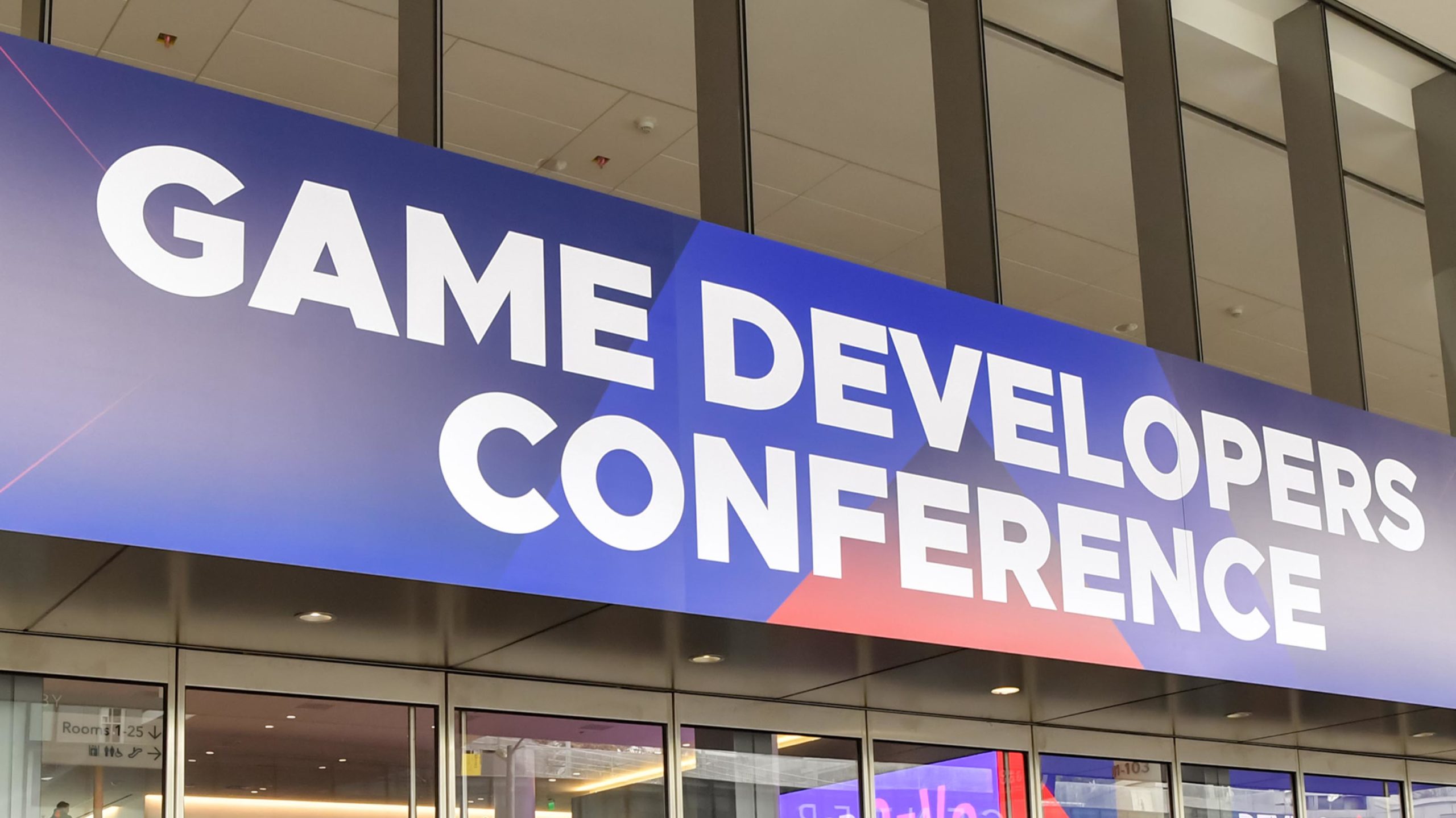
A new report from the organizers of the Game Developers Conference (GDC) reveals that nearly 50 percent of game developers feel that their productivity has gone done to some degree while working at home during the COVID-19 pandemic.
The data comes from GDC’s State of the Industry: Work from Home Edition Survey, which polled nearly 2,500 developers about how their work has changed during the COVID-19 pandemic. Overall, the survey found that 70 percent of developers had to shift to working from home, while 27 percent said they were already working remotely.
With respect to developer productivity due to the changing work environment, the survey found that 32 percent of devs reported that their productivity has “somewhat” decreased, while nine percent feel it has “greatly” gone down.
In the study, developers had the option to give detailed responses, and some have attributed the reduced productivity to their “home environment, their lack of access to outside stimuli, and lack of in-office communications,” according to GDC.
Some specific hurdles include multiple children at home and the increased reliance on communication over various digital platforms. “There is more ‘busy time’ due to the increased need for good and more communication,” said one developer of the latter issue, noting that “good: emails need to be very well-written; more: more calls and longer introductions even for small tasks.”
Others said factors like family healthcare, finances and morale over other employees being furloughed or laid off are also weighing heavily on them. (For context, 10 percent of devs said they’ve laid off or furloughed due to COVID-19).
Comparatively, 24 percent of respondents said they’ve somewhat increased their productivity, while eight percent noted their productivity has greatly increased while working from home.
In addition to reduced productivity, more than one-third of developers said their creativity has gone down. In particular, 28 percent of developers said their creativity has “somewhat” decreased, with seven percent saying it has “greatly” dropped.
On the other hand, 19 percent of respondents said their creativity had increased while working from home, and six percent even said it had greatly increased.
It’s worth noting, however, that regardless of how devs perceive the quality of their work, almost half of them reported working longer hours at home than in the studio. According to the survey, 28 percent of devs said they’re working “somewhat” more hours, while 11 percent said they were working “much more” than before.
By comparison, 14 percent of respondents said they were working “somewhat” less due to the pandemic and six percent said they were working “much less.”
For those saying they’re working longer, a big part of this is the inability to separate work from home.“It’s a little harder to leave work at work, since I have to use the same machine for work and home use,” wrote one survey-taker. “I get sucked into a [Microsoft] Teams conversation at night sometimes.”
It’s unfortunate to hear that many devs are working longer than usual, especially given the ongoing concerns surrounding widespread crunch — or prolonged overtime work — across the industry.
Finally, only 11 percent of developers say they feel safe going back to an office now. That’s compared to 39 percent who said they wouldn’t feel comfortable returning until a proven COVID-19 vaccine is released. Meanwhile, 24 percent said they’d be ready when COVID-19 cases started to decline in their areas, with 12 percent saying they simply wouldn’t feel safe going back in the foreseeable future. Interestingly, 66 percent of devs say their company has a plan to reopen, while 34 percent say their workplace does not have a plan.
What does all of this mean for gamers?
At this point, it’s difficult to say, as it will likely vary by game and company. For example, PlayStation developers Naughty Dog and Sucker Punch were able to finish and release The Last of Us Part II and Ghost of Tsushima, respectively, because their games were nearly finished prior to the pandemic. Therefore, remote work could be dedicated mostly to adding a final level of polish and removing any bugs.
Similarly, 2020’s later games like Xbox’s Halo Infinite, CD Projekt Red’s Cyberpunk 2077 and Ubisoft Montreal’s Assassin’s Creed Valhalla are expected to arrive on schedule, as they are also far along in development. Likewise, Sony and Microsoft have said the pandemic will not cause their next-gen consoles, the PS5 and Xbox Series X, respectively, to be delayed out of this holiday.
However, as Xbox chief Phil Spencer has said, 2021 games and beyond will likely be affected, especially those that are big-budget affairs that require motion-capture. While many companies have been sending equipment to voice actors to record lines at home, motion-capture would require in-studio work, and it’s unclear how that will proceed amid the pandemic. He specifically cited franchises like FIFA and Madden, which operate under quicker development cycles so they can release every year. On the other hand, smaller indie games might still be able to progress relatively unfazed.
In any case, as the responses suggest, work will also need to be taken to help improve morale so developers can feel more productive and creative. It remains to be seen what — if any — changes will be made to achieve this.
For now, though, it’s worth noting that GDC is planning a digital August event with developers, following the cancellation of its physical March conference. More information on that can be found here.
Source: GDC
MobileSyrup may earn a commission from purchases made via our links, which helps fund the journalism we provide free on our website. These links do not influence our editorial content. Support us here.


